A somatization comorbidity phenotype impacts response to therapy
Por um escritor misterioso
Descrição
Background Comorbidities may contribute to disease activity and treatment response in rheumatoid arthritis (RA) patients. We defined a somatization comorbidity phenotype (SCP) and examined its influence on response to certolizumab pegol (CZP) using data from the PREDICT trial. Methods Patients in PREDICT were randomized to the patient-reported Routine Assessment of Patient Index Data 3 (RAPID3) or physician-based Clinical Disease Activity Index (CDAI) for treatment response assessment. Post-hoc analyses identified patients with the SCP, which included diagnosis of depression, fibromyalgia/myalgias, and/or use of medications indicated for treatment of depression, anxiety, or neuropathic pain. The effect of the SCP on RAPID3 or CDAI response at week 12 and low disease activity (LDA; Disease Activity Score in 28 joints based on erythrocyte sedimentation rate ≤ 3.2) at week 52, in week-12 responders, was analyzed using non-parametric analysis of covariance (ANCOVA). Results At baseline, 43% (313/733) of patients met the SCP classification. Patients with the SCP were 9% more likely to withdraw from the trial. American College of Rheumatology 20% (ACR20), ACR50, and ACR70 responses were 5–14% lower among those with the SCP, and 11% more patients reported adverse events (AEs). Patients without SCP in the CDAI arm were twice as likely to achieve LDA at week 52 compared with those with SCP (32% versus 16%). No differentiation by SCP was observed in the RAPID3 arm (pooled result 21.5%). Conclusions We operationalized a potentially important somatization comorbidity phenotype in a trial setting that was associated with a substantially lower likelihood of treatment response and a higher frequency of AEs. Including large numbers of patients with this phenotype in RA trials may reduce the measured clinical effectiveness of a new molecule. Trial registration ClinicalTrials.gov, NCT01255761 . Registered on 6 December 2010.
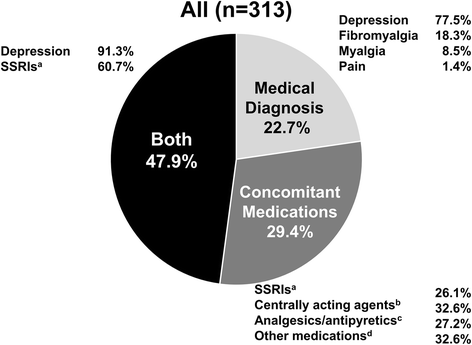
A somatization comorbidity phenotype impacts response to therapy in rheumatoid arthritis: post-hoc results from the certolizumab pegol phase 4 PREDICT trial, Arthritis Research & Therapy

Long COVID: pathophysiological factors and abnormalities of coagulation: Trends in Endocrinology & Metabolism
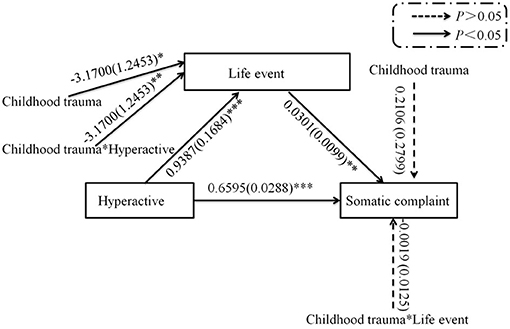
Frontiers Association Between Hyperactivity Symptoms and Somatic Complaints: Mediating and Moderating Mechanisms in Childhood Trauma and Life Events Among Chinese Male Adolescents

Somatoform Disorder disease: Malacards - Research Articles, Drugs, Genes, Clinical Trials
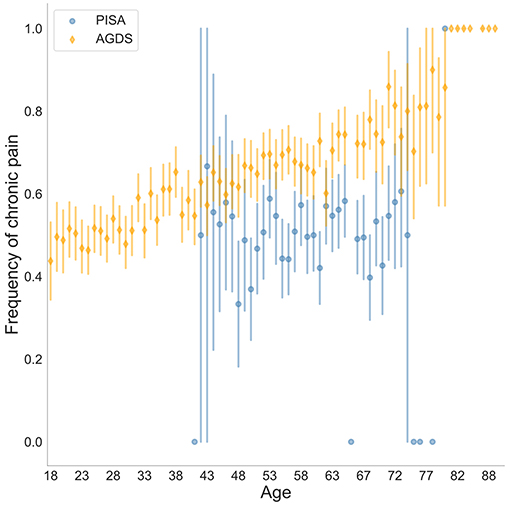
Frontiers Comorbid Chronic Pain and Depression: Shared Risk Factors and Differential Antidepressant Effectiveness
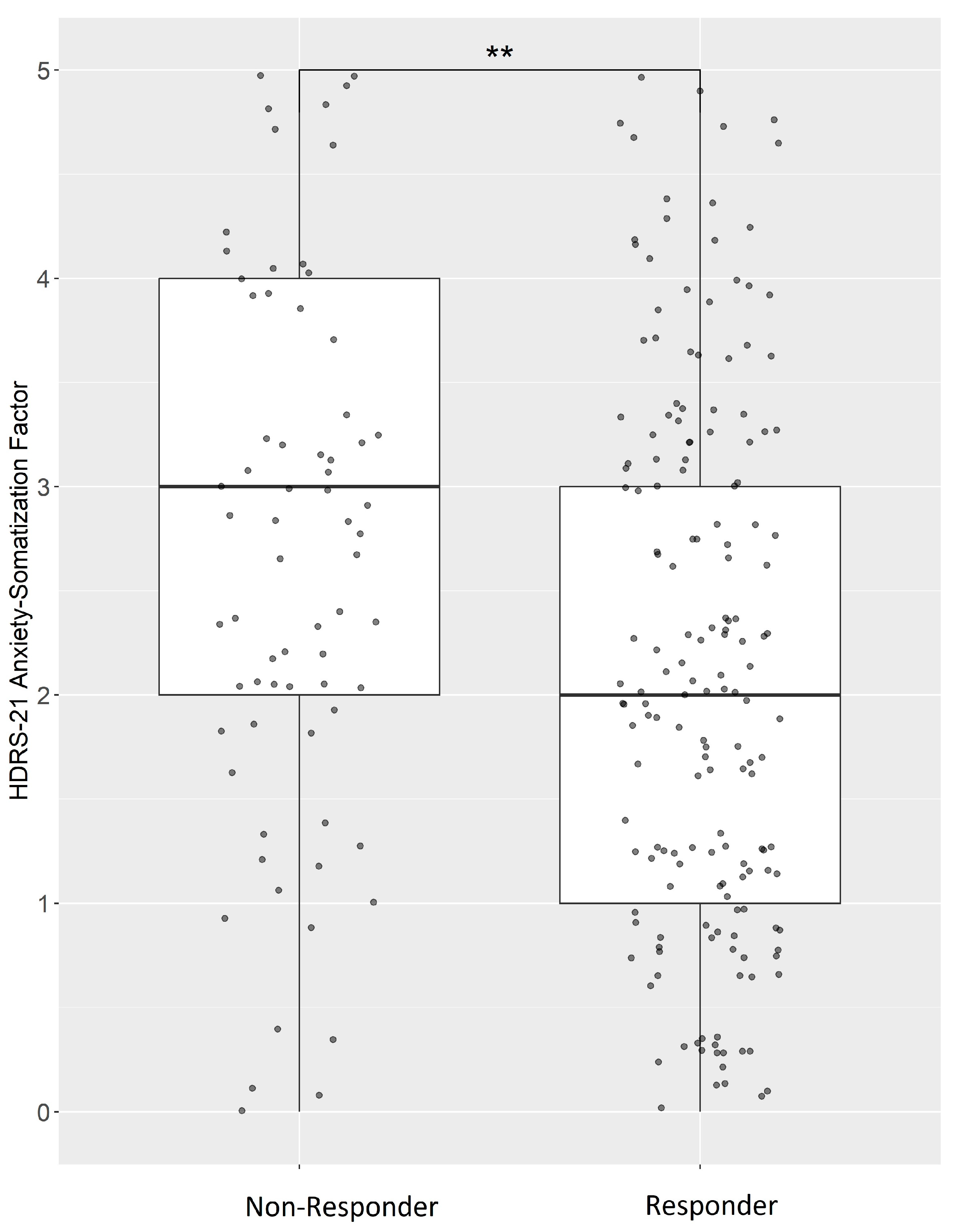
IJMS, Free Full-Text

Neurodevelopmental Disorders: From Genetics to Functional Pathways: Trends in Neurosciences

Comorbidity, misdiagnoses, and the diagnostic odyssey in patients with hypermobile Ehlers-Danlos syndrome - Genetics in Medicine Open
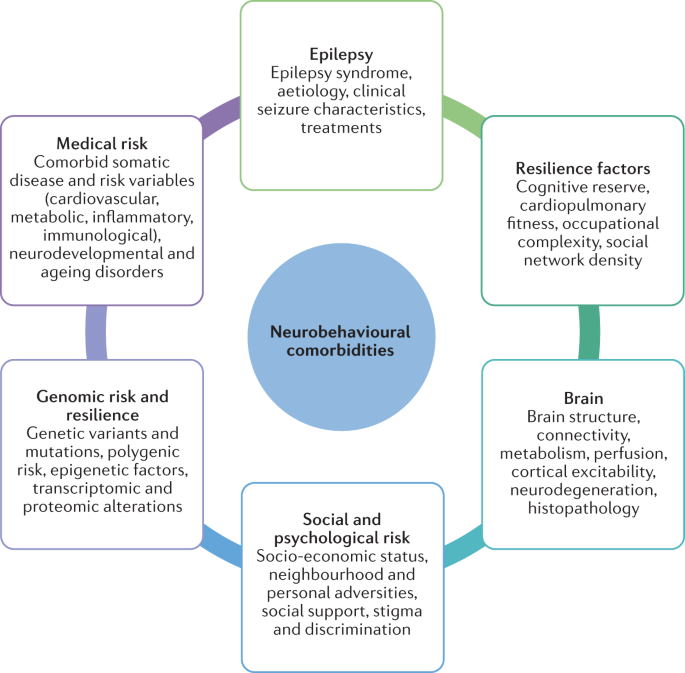
Neurobehavioural comorbidities of epilepsy: towards a network-based precision taxonomy

Patient baseline characteristics by SCP status a
de
por adulto (o preço varia de acordo com o tamanho do grupo)







